Top 7 Chilean Culture, Customs and Etiquette
The people of Chile are warm and welcoming, and they frequently overlook the errors that visitors make. Even so, you may prevent a lot of humiliating and ... read more...awkward situations if you are familiar with the fundamentals of Chilean etiquette. Here are some Things to know about Chile's Culture, Customs and Etiquette.
-
Typically, men will shake hands. Right forearm or shoulder pats are the norm among females.These are usually accompanied with "buenos dias," "buenas tardes," or "buenas noches," the appropriate greeting for the time of day (good evening). Things will loosen up and become more relaxed among friends and family members; men may embrace and vigorously slap each other on the back, while ladies will kiss each other once on the right cheek.
Never advance your Chilean colleague to this level of formality. Chileans use both their maternal and paternal surnames, similar to many South Americans. The first surname listed is the one used in conversation and is that of the father.
Always try to use titles that you are familiar with. If there is no title, just say "Senor" (for men) or "Senora" (for women), then your last name. When speaking to senior citizens with whom you have a close relationship, you may use the pronouns "don" (for men) or "dona" (for women) before their first names. First names are used between close friends; wait to switch to a first-name basis unless invited.

https://aliceinchainschile.blogspot.com/ 
https://surfme.wordpress.com/ -
The customs of eating etiquette in Chile are comparable to those in the other nations of the Southern Cone and South America. The information on Chilean eating manners is presented below along with basic South American and Southern Cone dining manners that can be found on the Argentinean dining manners page.
In Chile, dining manners can be highly formal. Generally speaking, if in doubt, observe and act. Here are some fundamental rules of dining manners: Wait to be shown to your position when seated. Prior to men, sit women. The hostess extends an invitation to dine. When eating, keep your hands visible. Keep your wrists perched on the table's edge.
To eat, always use utensils. Do not talk while holding a fork or spoon. It is customary to consume the entirety of your food. Before taking a taste of your beverage, wait for a toast to be offered. The first toast is made by the host. "Salud!" is the most popular toast. Lift your glass and turn to face the person you are toasting. Only use your right hand to pour wine.
Pouring wine at a meal: proper etiquette. There are a few crucial factors to take into account when pouring wine, just as in Bolivia and other nations of the Southern Cone: Never pour wine into a glass backwards since doing so conveys your strong distaste for the recipient. You should also avoid pouring wine with your left hand for the same reason.
https://www.makemytrip.com 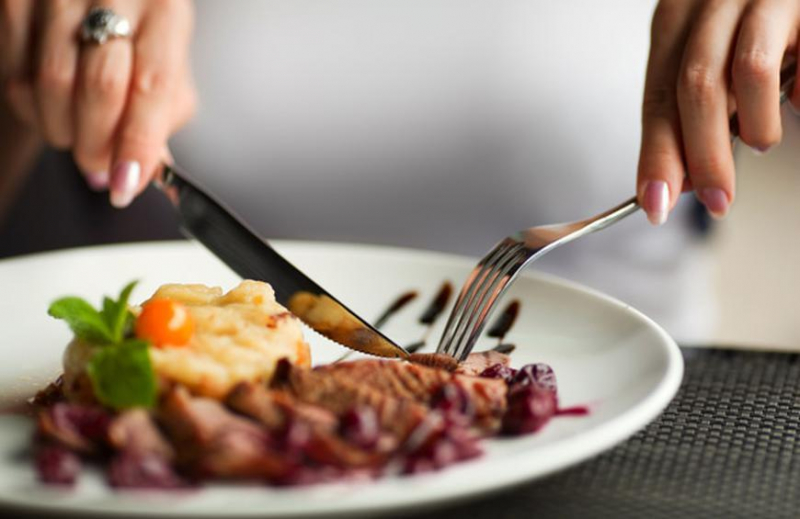
https://www.thedailymeal.com/ -
Initial interactions should be utilized to forge relationships and establish trust because Chile has a culture that values relationships. Spend time having conversations that are not business-related while you wait for the other party to bring up a new topic. Pay attention to how your hands are moving; gestures vary in meaning depending on the culture.
It's normal to cut someone off in the middle of their sentence. The flow of meetings is not necessarily linear. Issues can be resolved simultaneously and schedules are not highly regimented. It's crucial to exercise patience because meetings in Chile will run as long as they need to. It's crucial to offer all required information at the meeting, but keep in mind that decisions aren't made at meetings.
Chileans tend to be indirect in their communication, but if they become emotional, they can become highly animated and assertive. The way we communicate is often tuned to how others are feeling. It may be required to read between the lines in order to completely understand what is really intended because confrontation is typically avoided in order to protect another person's honor or dignity. Never voice criticism in public.

http://tradenews.chile.travel/ 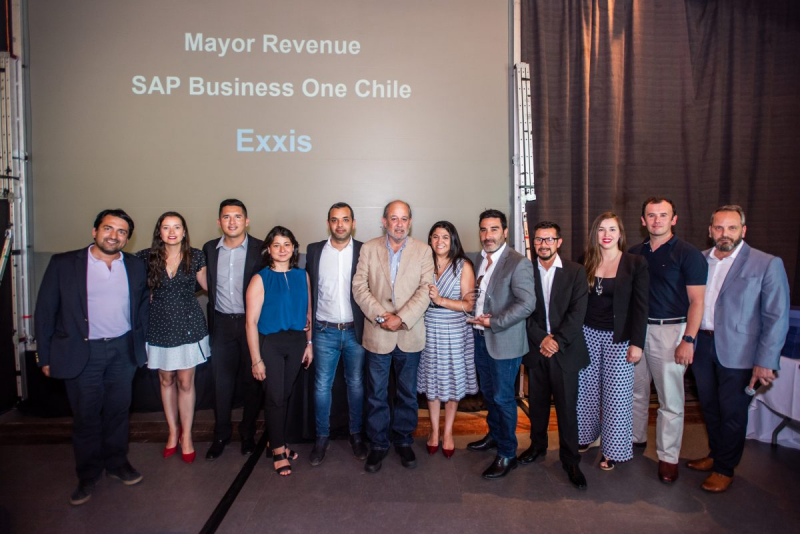
https://exxis.godigital-development.com/ -
Despite being in many respects modern, Chilean culture is nevertheless mostly traditional. If you refrain from publicly disparaging or flouting those norms, you will fare far better. People use conversational tones of speech.
Never bring up Chile's Amerindian or Pre-Columbian history when speaking to Chileans about their nation. Chileans saw themselves as a nation made up solely of European immigrants who settled there. The pre-Columbian era was considered the Dark Ages, and Amerindians were viewed as backward barbarians.
Mapuche people, who come from the South, are not seen as Chileans, but rather as a foreign ethnic group that causes issues for locals and businesses there. It is exceedingly disrespectful to assume that the culture or the people have any Amerindian influences.
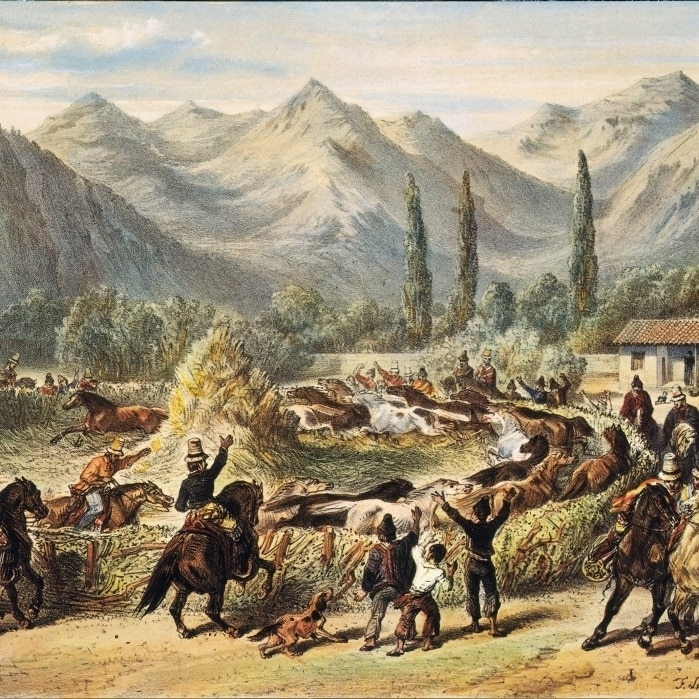
https://www.aliexpress.com/ 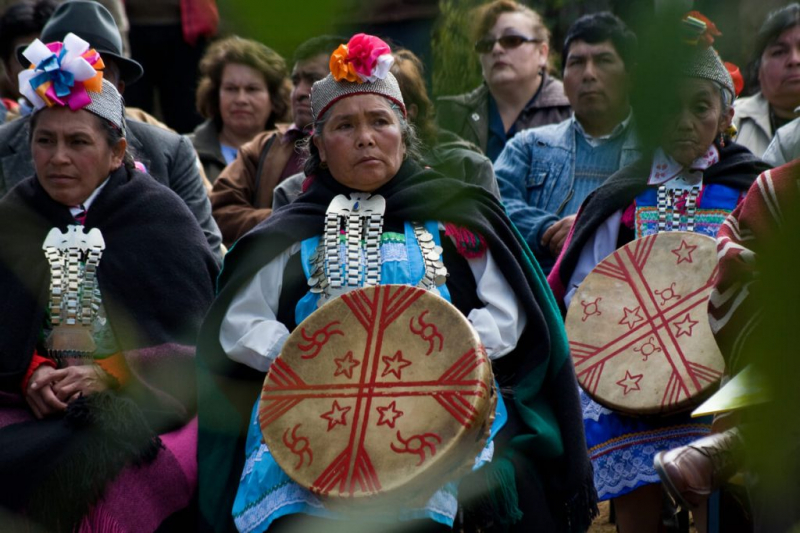
https://travel.earth/ -
Be careful while expressing Zionist or Pro-Israel sentiments as there may be a Palestinian-Chilean who feels upset. Chile also has a 500.000-strong Palestinian community (it's thought that less than 1% really speaks Arabic).
If you are an Israeli, be aware that a sizable portion of Chileans do not publicly welcome Israelis, despite the fact that tourism businesses will conceal and downplay this feeling. Former Israeli reservists in particular have a well-deserved reputation for being impolite, failing to pay for services used, and disobeying park safety regulations.
This applies nationwide, not just in southern Chile (especially in Patagonia). The massive environmental harm caused by the Torres del Paine forest fire in 2011–2012 prompted the Israeli government to pay millions of dollars to Chile in an effort to quell the escalating anti-Israeli sentiment.
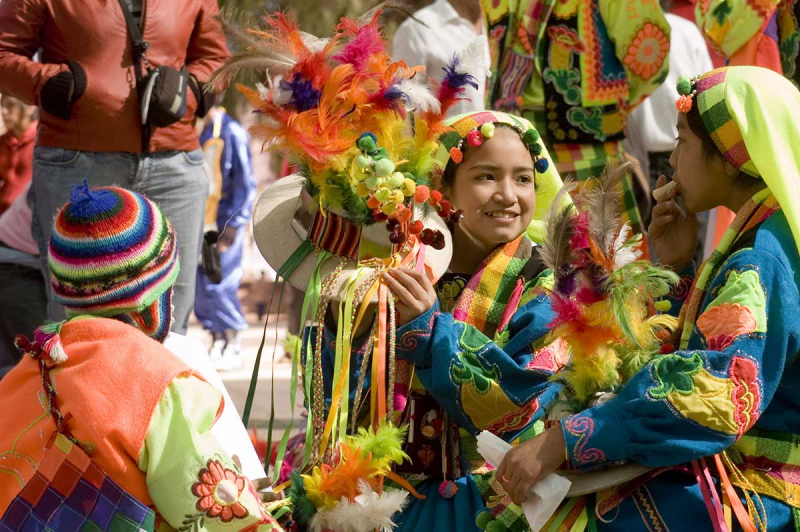
https://www.oyikiltravel.com/ 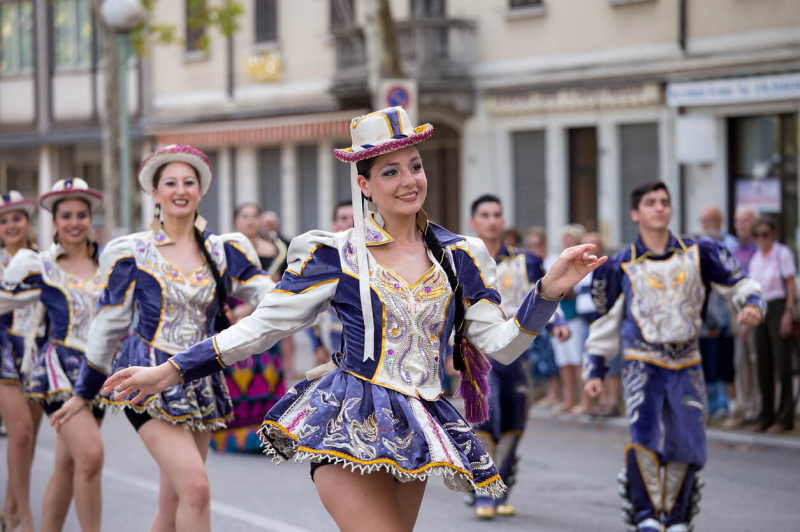
https://travel.earth -
There are some pleasant and helpful Chileans. On the street, many people will be happy to give you directions or assistance. One issue with receiving such aid is "chamullo," or "bullshit" in English, when people give advice on subjects about which they are ignorant but want to appear to be helpful.
Be cautious because many persons are able to comprehend and speak English, French, Italian, or German. Despite the fact that Chileans are perceived by their neighbors as being haughty, they typically find outsiders to be the source of arrogance. Arrogance rarely results in more help than humility.
No matter how good your Spanish is, Chileans will be able to tell that you are a foreigner since Chilean Spanish is so infused with Chilean features (which can make it hard to understand for other Spanish speakers). If someone calls you a "gringo," don't take it personally; it's a common nickname for foreigners.
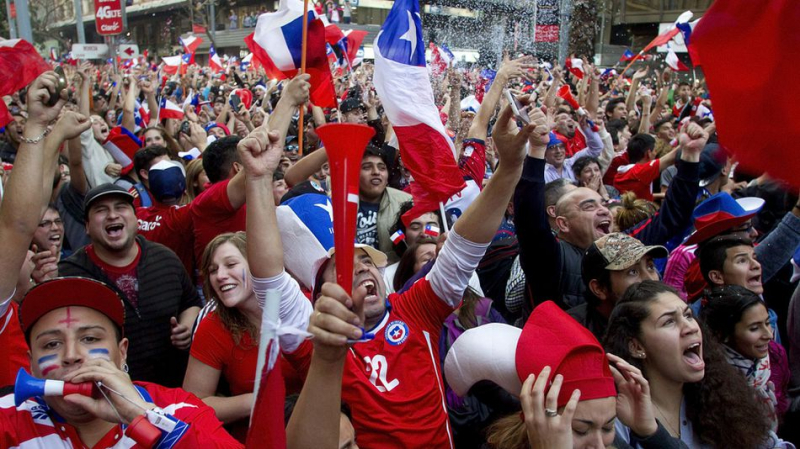
https://mashable.com/ 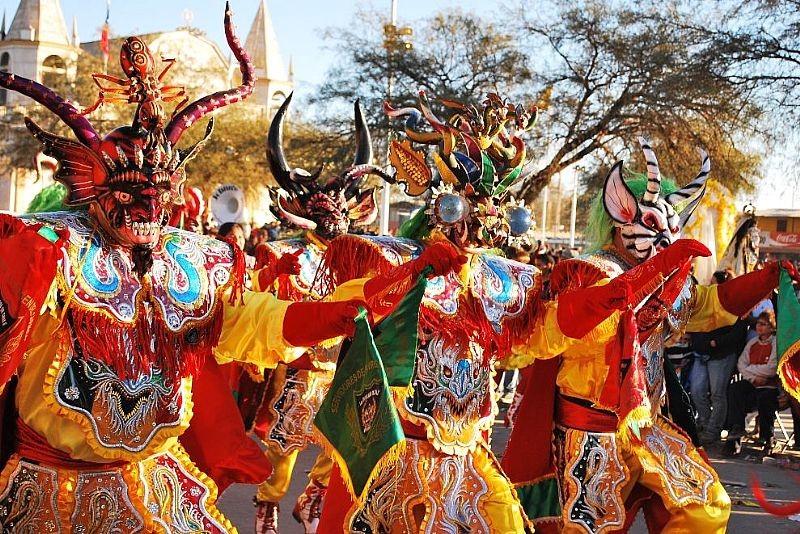
https://www.gochile.cl/ -
In Chile, there are as many different religious organizations represented as there are different ethnic groupings in the country. Roman Catholicism dominates the religious landscape of Chile, where just over half (54%) of the population professes affiliation with the religion. Unaffiliated (14%) or nonreligious people are tied with Protestant Christianity (14%), the two largest religious groups in Chile after Catholicism. In addition, Chile is home to a variety of little minority religions, some of which date back to before the advent of Europeans in the 1500s. Over time, settlers, missionaries, and colonists brought others with them.
Catholicism was first brought to Chile by Dominican and Franciscan friars who were traveling with the Spanish in the sixteenth century. The nation's first parish and diocese were both founded in 1561 and 1547, respectively. Around 1650, the northern and central regions of Chile were the first to adopt the religion, but the southern regions were hesitant to do so. Five archdioceses, 18 dioceses, two prelatures, an apostolic vicariate, a military ordinary, and a personal prelature are all currently present in Chile. However, according to the 2002 census, the number of churchgoers has considerably declined over time.
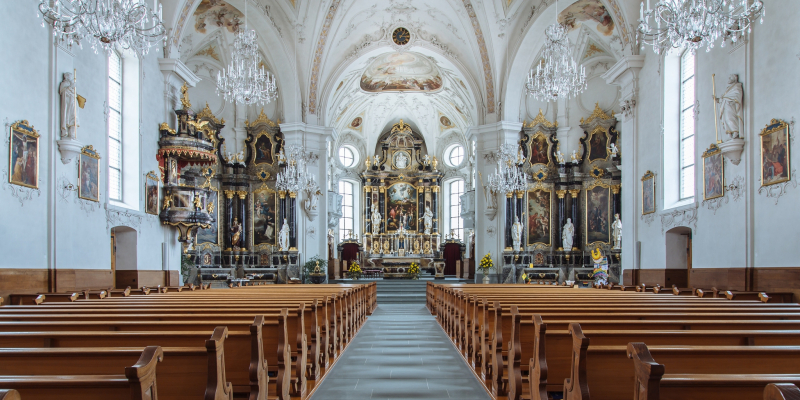
http://www.studycountry.com/ 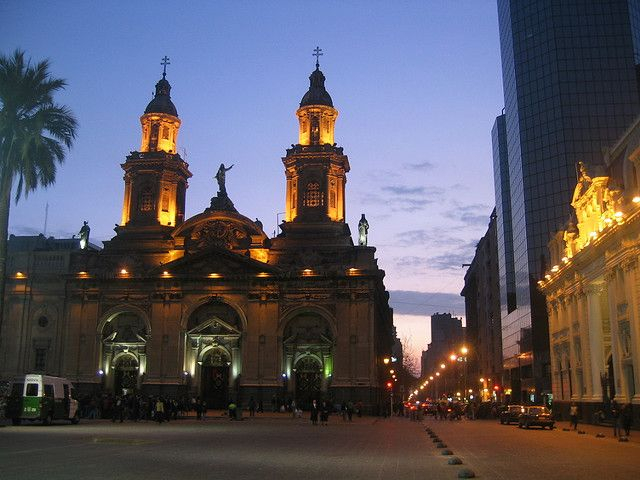
http://www.gpsmycity.com




























